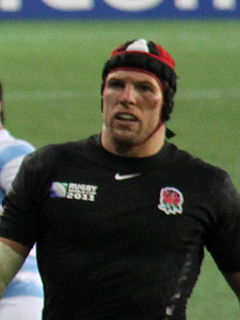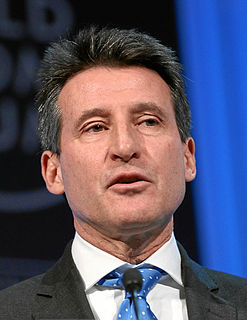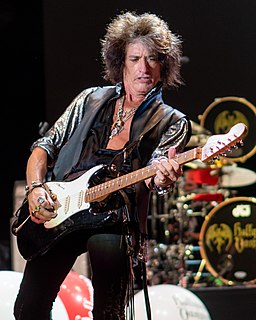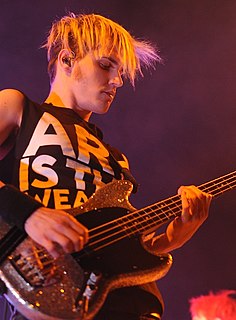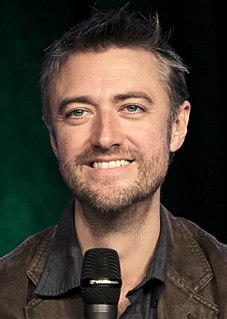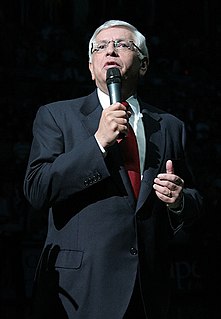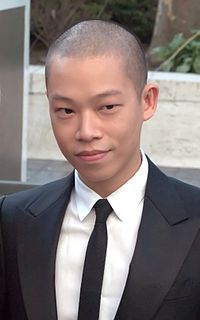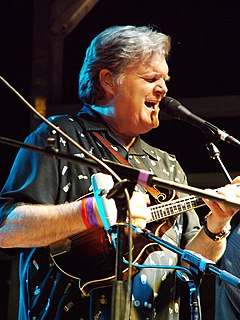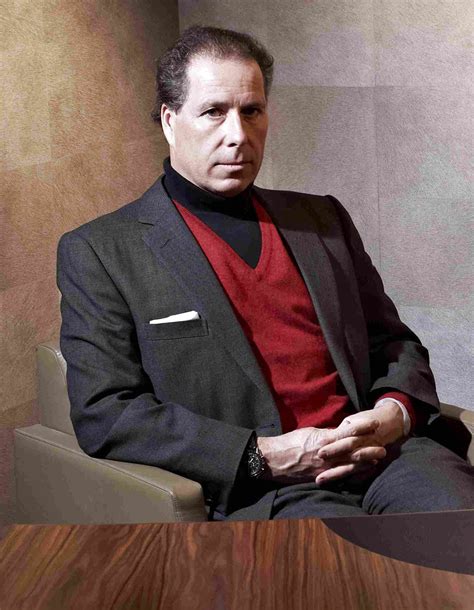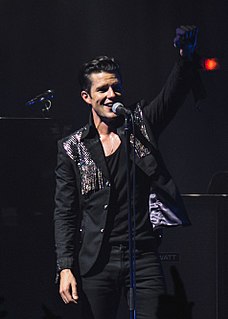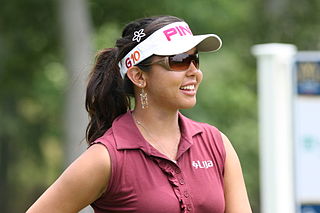A Quote by James Haskell
I was always on to the next thing. I didn't celebrate all the little moments in my career that I should have done, I always focused on what was next, how could I do better.
Related Quotes
Innovation is not a big breakthrough invention every time. Innovation is a constant thing. But if you don't have an innovative company [team], coming to work everyday to find a better way, you don't have a company[team]. You're getting ready to die on the vine. You're always looking for the next innovation, the next niche, the next product improvement, the next service improvement. But always trying to get better.
In the course of my movies, the financing and the releasing were always the tough part. Because I loved the creative, I loved the writing, I loved the making of it. Because I guess, I never had the giant blockbuster, I never got that sort of ease for the next one. So the next one was always, "how am I going to do this?" And that thing was sort of always the thing that made me a little chickenshit to go into the next one. The writing of it was great and the making of it was great, but how am I going to release this thing and am I going to find a studio?
I now look at the things I could have done better and instead of beating myself up about it, since I can't turn back time, I try to remember to ask myself, "what was this experience sent to me to teach me?" I think specifically about what I will do better next time, then I actively look for moments to practice for the next time.
